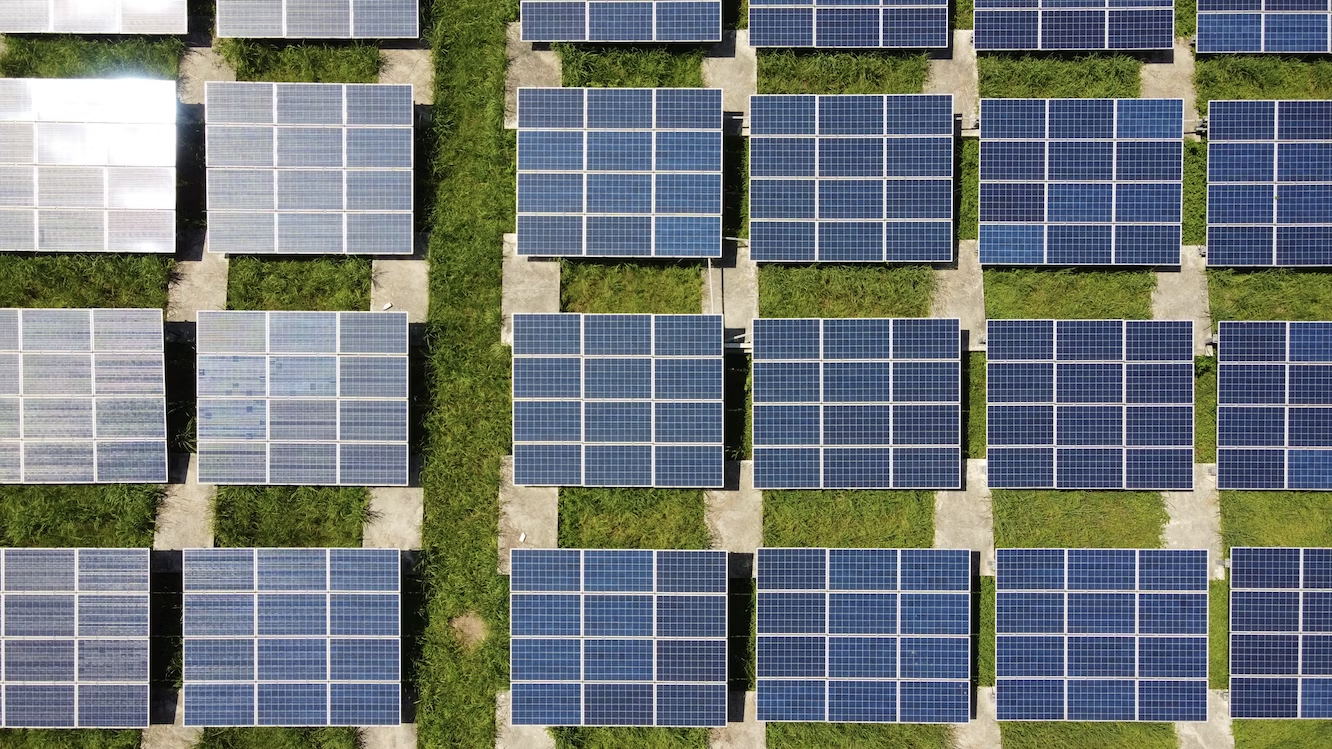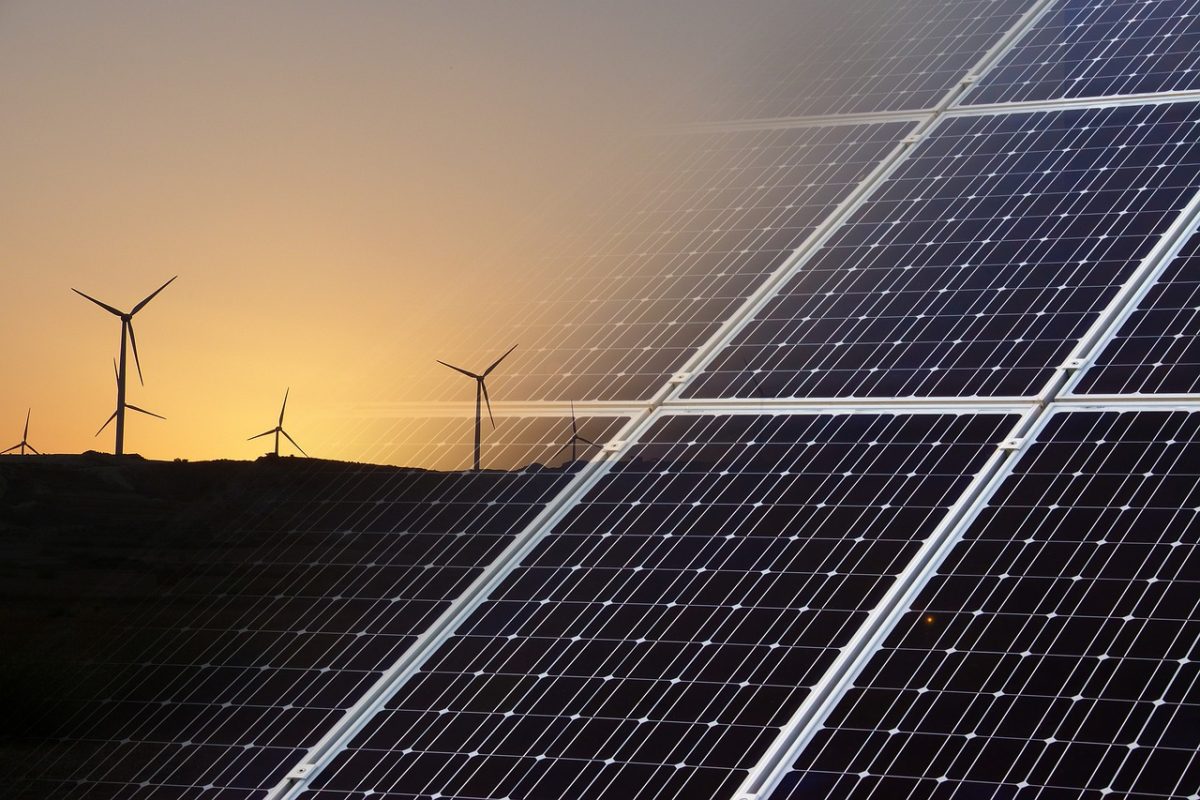Stale rosnąca wydajność wytwarzania energii słonecznej
Solar power generation has been witnessing remarkable advancements in terms of efficiency, with solar panels becoming increasingly effective in converting sunlight into electricity. Through years of continuous technological innovations and improvements, solar energy systems have achieved an efficiency rating of nearly or even exceeding 20%.
This remarkable progress in efficiency empowers individuals and businesses to generate more electricity output from the same surface area of solar panels. W tym artykule, we will explore the factors contributing to the enhanced efficiency of solar power generation and delve into the benefits associated with this progression.

- Technological Innovations:
The constant pursuit of technological advancements has played a pivotal role in elevating the efficiency of solar power generation. Scientists and engineers have been focusing on enhancing the design and composition of solar panels to maximize their ability to harness sunlight. The development of high-performance photovoltaic materials, such as monocrystalline and polycrystalline silicon, has significantly improved the overall conversion efficiency. Dodatkowo, innovations such as multi-junction solar cells, which capture a broader spectrum of light, and anti-reflective coatings have further enhanced the efficiency and effectiveness of solar panels. - Improved Cell Efficiency:
Ogniwa słoneczne, which are the fundamental units responsible for converting sunlight into electricity, have experienced significant improvements in efficiency. By optimizing the structure and composition of solar cells, manufacturers have successfully increased their ability to capture and convert more sunlight into usable energy. Breakthroughs in cell manufacturing techniques, such as passivation layers and selective emitters, enable the reduction of energy losses and improve electron mobility, resulting in higher overall solar power efficiency. - Enhanced Solar Tracking Systems:
Solar tracking systems allow solar panels to follow the sun’s path throughout the day, optimizing the amount of sunlight captured. This technology ensures that solar panels are always positioned perpendicular to the sun’s rays, maximizing the absorption of solar energy. By implementing more sophisticated solar tracking systems, the efficiency of solar power generation is significantly improved, as panels can continuously maintain an optimal position relative to the sun, regardless of its position in the sky. - Integration of Energy Storage Solutions:
The integration of energy storage solutions, such as batteries, has also contributed to improved efficiency in solar power generation. By storing excess energy generated during peak sunlight hours, solar power systems can provide electricity even when the sun is not shining. This not only improves energy self-sufficiency but also ensures a more consistent and reliable power supply, further enhancing the overall efficiency of solar energy utilization.

The steady progression in the efficiency of solar power generation represents a significant milestone in the renewable energy sector.
Technological innovations, improved solar cell efficiency, advanced solar tracking systems, and integration of energy storage solutions have all played critical roles in achieving higher conversion rates. With solar panels now capable of reaching and surpassing 20% efektywność, harnessing solar energy has become even more economically viable and environmentally sustainable. Embracing solar power not only reduces our reliance on fossil fuels but also offers a reliable and efficient means of electricity generation.
As we continue to witness further advancements in solar power technology, the future holds promising opportunities for realizing a cleaner and more sustainable energy landscape based on the sun’s abundant and renewable power.
Skontaktuj się z nami,Dowiedz się więcej o najnowszych zapytaniach dotyczących energii słonecznej
